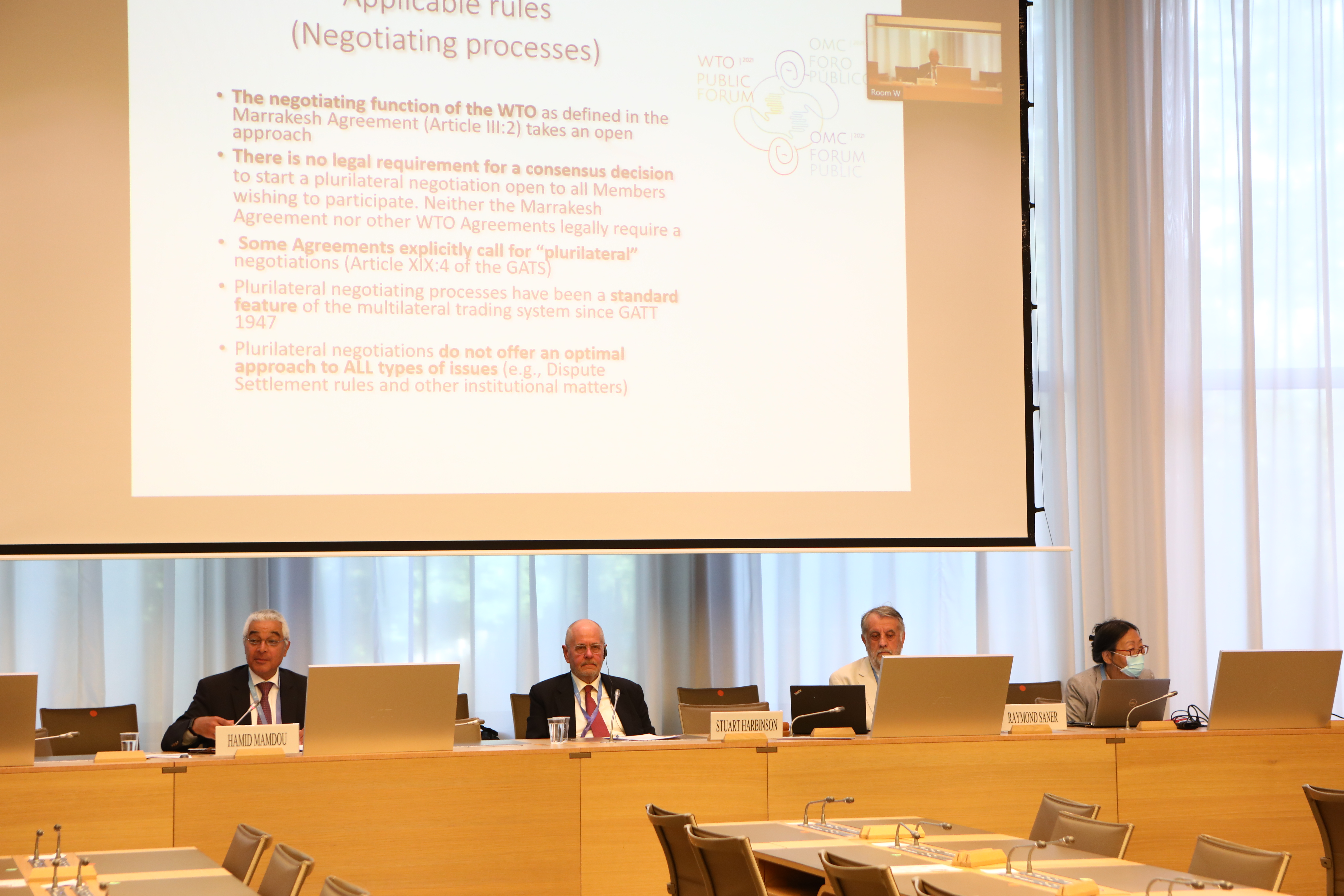
Newspaper interviews and articles on negotiations by Raymond Saner Covering negotiations for peace and international relations.
Zoff mit der Freundin (Süddeutsche Zeitung, 16.2.1996)
Verhandeln die Schweizer richtig (Basler Zeitung, 10.3.1998)
Friendesförderung was tun was lassen (Neue Zürcher Zeitung, 24.8.2004)
Verhandlungen über Irak im UN Sicherheitsrat. (Die Welt am Sonntag, 3.3.2003)


